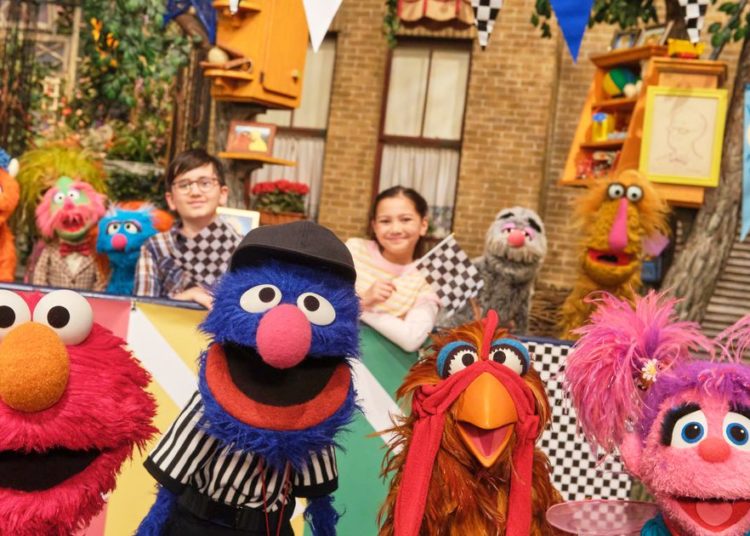For as obsessed with cleanliness as we are in the United States, oftentimes for good reason, other times out of an overactive sense of paranoia, there is a harsh reality a lot of us degenerate hand sanitizer users must confront: some microbes are good, actually. Like how science has only somewhat recently learned that the microbes in your gut may be the key to unlocking a whole new you. Science is also discovering that one constant source of dirt and grime in our lives may be quietly boosting our immune systems: our pets.
As a report from the BBC’s David Cox explained, it all started with the Amish, whose children have significantly lower rates of asthma, allergies, and eczema compared to their similarly rural and tech-savvier cousins, the Hutterites. Both groups eat homegrown food, and since the groups are in such close proximity, they breathe in the same air, yet Amish kids grow up in full-body contact with cows, horses, chickens, and a whole host of other farm animals that each offer exposure to their respective diversified microbiomes.
Back in 2016, scientists confirmed that the dust in Amish homes had some strong immune-boosting properties because they were packed with a potent cocktail of animal-borne microbes. All this exposure to what essentially amounts to dirty animals trains the immune system early on, ensuring that a person’s T cells won’t viciously attack every molecule that enters their body.
Similar trends have popped up in Alpine farming communities, who live with animals and have gut microbiomes more closely resembling ancient humans than modern city dwellers. While all of this makes it seem like city folk are missing out on some valuable microbiome exposure, people living in the big city have their version of exposure in the dogs and cats that snuggle up with them on the couch at home. They’re basically a living version of the CVS supplement aisle that will occasionally drag its butt across your carpet.
By just existing in our homes, pets help spread useful bacteria onto our pillows and couch cushions, onto our skin, and onto our lips when we give them big, loving smooches.
Researchers found that an infant who grows up with a dog cuts their risk of allergies by about 13 percent. For kids genetically prone to eczema, a cute pooch that is unconsciously sharing its beneficial bacteria could eventually lead to fewer eczema flare-ups, even if it doesn’t exactly provide a cure.
Simply being around animals is a passive, organic form of immune support, and it’s all because when we’re around animals, we become a little less worried about constantly sanitizing everything. Snuggling with your furry companions isn’t just boosting your mood, it’s boosting your immune system, too.
The post Can Pets Improve Your Immune System? appeared first on VICE.




